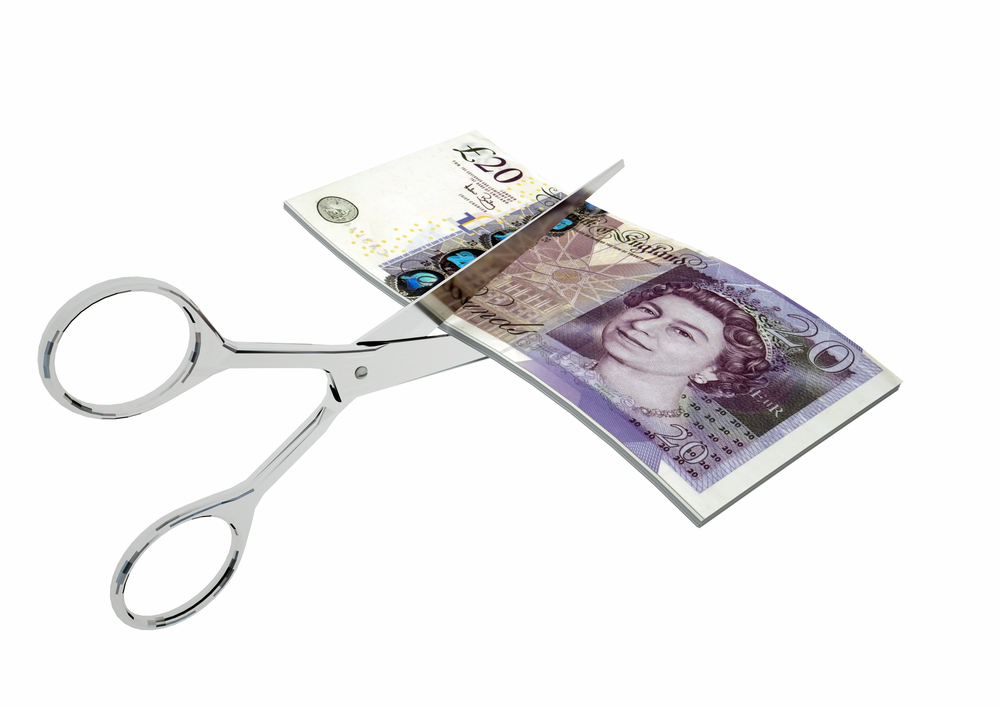Household Bills
Households squeezed as real wages fall further

Guest Author:
Paloma KubiakReal earnings are falling at the fastest pace in three years and are struggling to keep up with rising inflation, official statistics reveal.
Figures from the Office for National Statistics (ONS) show real wages fell by 0.6% year-on-year in the three months to April.
Without taking inflation into account, wage growth including bonuses slowed to 2.1% and earnings excluding bonuses rose by 1.7%.
This means the UK labour force is struggling to earn enough to keep up with rising inflation which jumped to a new four-year high of 2.9% in May.
And with inflation forecast to climb higher, UK households are likely to face a challenging time as their incomes come under further pressure in the coming months, according to Fidelity International.
Maike Currie, investment director for personal investing at Fidelity, said: “Rising inflation and weak wage growth means UK real earnings is falling at the fastest pace in three years. The wages we are earning are not nearly keeping up with the price of goods and services we consume, tightening the squeeze on UK household finances.

Wellness and wellbeing holidays: Travel insurance is essential for your peace of mind
Out of the pandemic lockdowns, there’s a greater emphasis on wellbeing and wellness, with
Sponsored by Post Office
“A lethal cocktail of soaring inflation, lower-for-longer interest rates and negative real earnings is bad news for the hard-working consumer. That’s why we need our savings and investments to work harder. Be careful of leaving your money languishing in cash – granted, it may be a safer option than the stock market – but with rising inflation and lower-for-longer interest rates, you’ll be losing out over the long-term.”
Employment on the up
Despite weak wage growth data, the UK labour market looks fairly robust for now. The unemployment rate was 4.6%, the joint lowest since 1975.
There were 1.53 million unemployed people in the three months to April and 31.95 million people in work, again with the 74.8% employment rate standing at the joint highest level since comparable records began in 1971.
Ben Brettell, senior economist at Hargreaves Lansdown, said that while unemployment remains at a multi-decade low of 4.6%, the squeeze on household finances is worse than previously thought.
“The UK economy faces a dangerous cocktail of political uncertainty, slowing growth and shrinking real wages. First-quarter GDP figures were disappointing, while a recent report from VISA confirmed consumers are under pressure, with spending falling 0.8% year-on-year in May.
“Households are being squeezed from both directions, with inflation rising faster than expected and wages rising more slowly. This doesn’t bode well for economic growth – the UK economy is heavily reliant on the consumer and falling real incomes will eventually translate into lower retail sales.”
Brettell said wage growth is one of the Bank of England’s key metrics when setting interest rates, as higher wages can ultimately create upward pressure on prices.
“As yet it seems there is little evidence of this type of ‘wage-price spiral’, which should give the Bank enough latitude to look through higher inflation and hold rates at 0.25% for now.”
Want to know how to make your cash work harder? See the Savings accounts that can beat 2.9% inflation